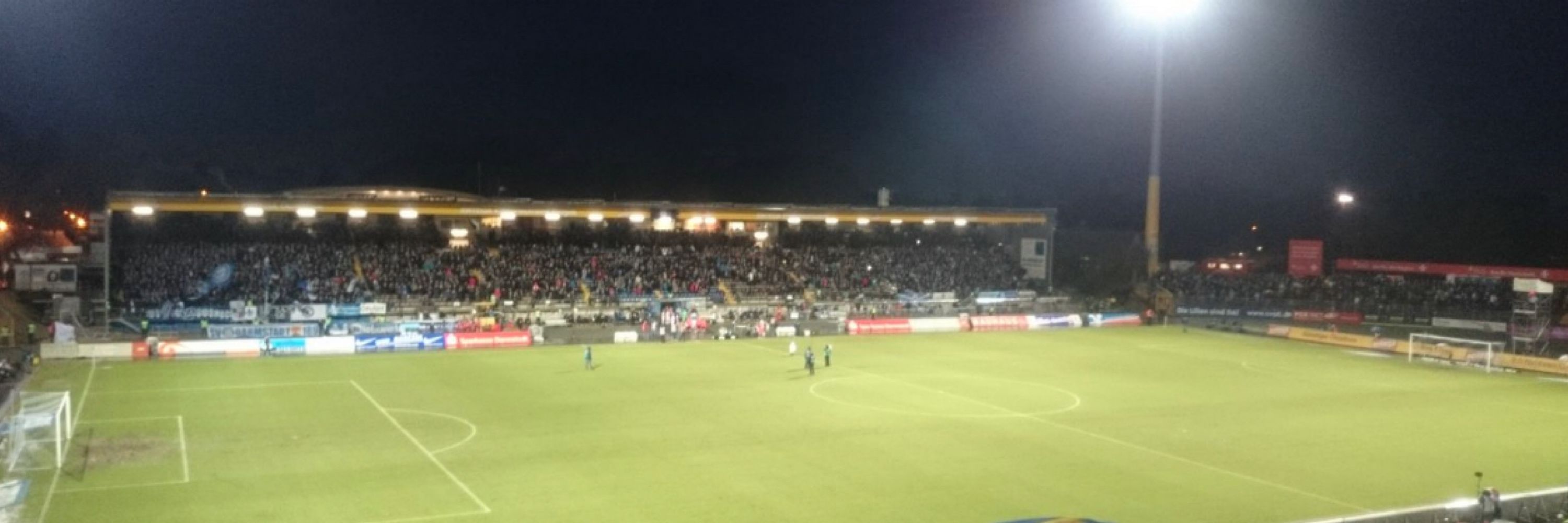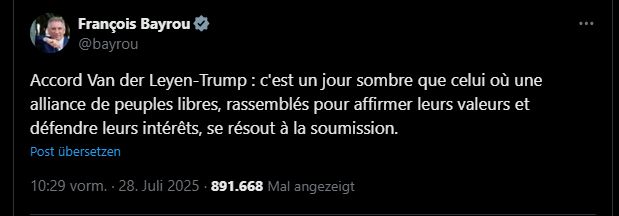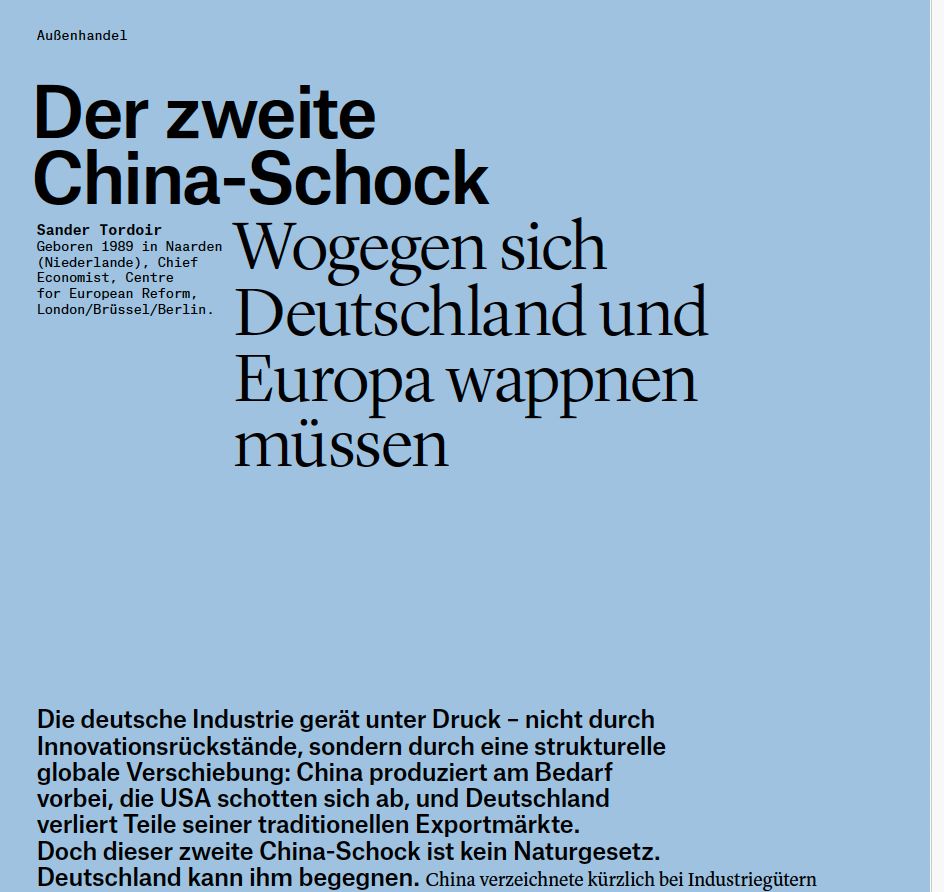Lucas Guttenberg
@lucasguttenberg.bsky.social
4.8K followers
630 following
610 posts
Director 🇪🇺, Bertelsmann Stiftung, Berlin
Ex-BMWK, Jacques Delors Centre, ECB
Posts
Media
Videos
Starter Packs
Reposted by Lucas Guttenberg
Reposted by Lucas Guttenberg
Nils Redeker
@nilsredeker.bsky.social
· Aug 1
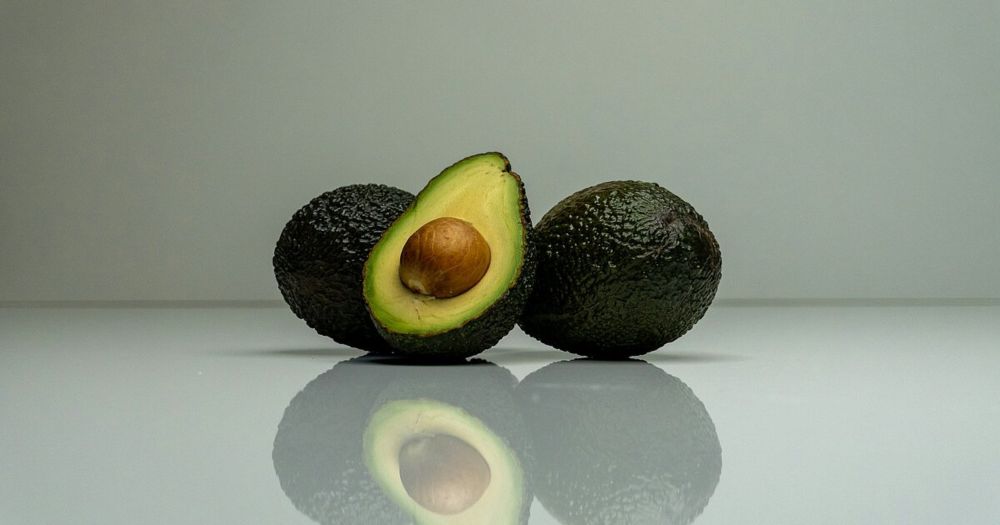
Ripe for Reform – What’s in the EU Budget Proposal and What Should Come Next
On 16 July 2025, the European Commission unveiled its proposal for the next Multiannual Financial Framework (MFF) for 2028-35, kicking off what promises to be a highly fraught and marathon set of nego...
www.delorscentre.eu
Reposted by Lucas Guttenberg
Diego Velazquez
@diegoinbxl.bsky.social
· Jul 30
Reposted by Lucas Guttenberg
Etienne Höra
@etiennehoera.d-64.social
· Jul 29
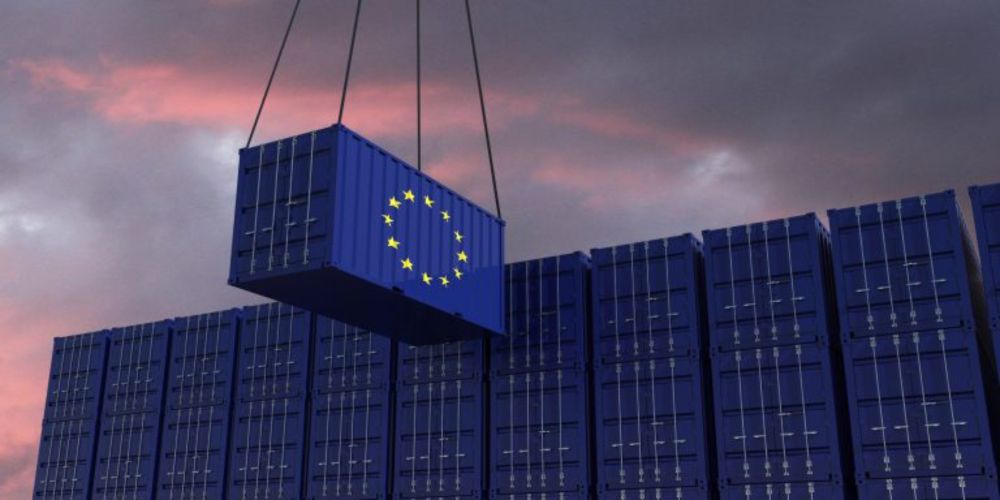
No Accident: Four Structural Reasons Why the EU Did Not Get a Better Trade Deal
As details on Sunday’s EU-US trade deal emerge, Europeans are split in two camps. Some believe the 15 percent tariff ceiling on most products is the best the EU could get from President Donald Trump’s...
bst-europe.eu
Reposted by Lucas Guttenberg
Reposted by Lucas Guttenberg
Reposted by Lucas Guttenberg
Dmitry Grozoubinski
@explaintrade.com
· Jul 28
Reposted by Lucas Guttenberg
Etienne Höra
@etiennehoera.d-64.social
· Jul 28
Reposted by Lucas Guttenberg
Sander Tordoir
@sandertordoir.bsky.social
· Jul 24
Sander Tordoir
@sandertordoir.bsky.social
· Jul 24
Reposted by Lucas Guttenberg
BSt Europe
@bst-europe.bsky.social
· Jul 23

Dos and Don’ts for the EU-China Summit
EU-China relations are experiencing a period of rising tensions. There is no reason for optimism that this will change any time soon. European Commission President, Ursula von der Leyen emphasised in ...
bst-europe.eu
